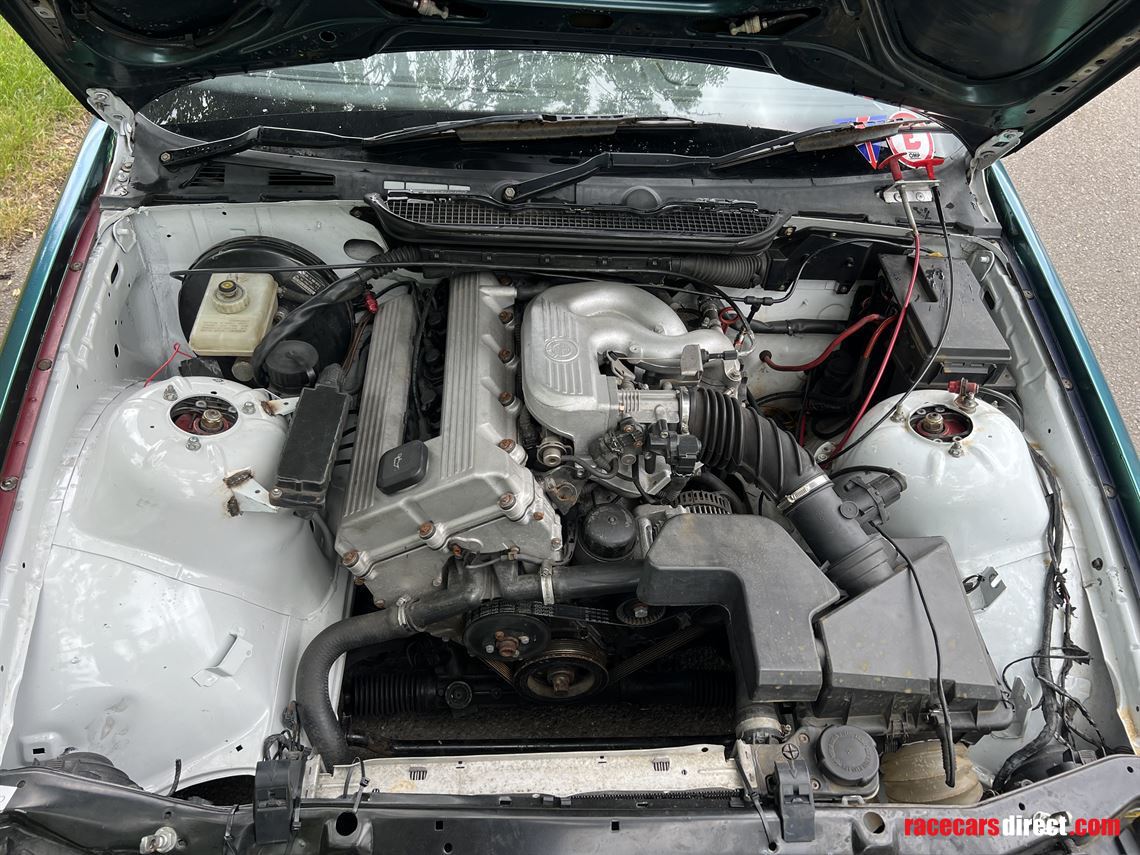Keeping Your BMW 318ti: Important Tips for Long Life
Keeping Your BMW 318ti: Important Tips for Long Life
Blog Article
Trick Functions to Try To Find When Purchasing an Engine for Automotive Applications
When taking into consideration the purchase of an engine for vehicle applications, a number of essential functions call for careful evaluation to guarantee optimum efficiency and capability. From power and efficiency capacities to sustain resilience, adherence, and effectiveness to discharges standards, each facet plays a crucial role in identifying the engine's viability for details automobile needs.
Power and Performance
When picking an auto engine, customers prioritize power and performance to make certain optimum driving experience and effectiveness. A well-performing engine not just provides power successfully but also operates efficiently across different speed varieties and driving problems.
Buyers frequently take into consideration the engine's torque outcome along with its power score. Torque, gauged in pound-feet (lb-ft) or Newton-meters (Nm), shows the engine's rotational force, influencing the car's capacity to tow, climb inclines, and accelerate from dead stop. A balance in between power and torque is important for attaining a flexible and responsive driving experience. In addition, elements such as engine displacement, turbocharging, and crossbreed innovations play significant functions in improving both power and efficiency degrees. Ultimately, picking an engine that uses a powerful mix of power and performance guarantees a rewarding and effective driving experience. bmw 318ti.
Fuel Efficiency
Maximizing fuel efficiency is an extremely important consideration for customers when reviewing automotive engine alternatives. Modern engines with attributes like straight fuel injection, turbocharging, and variable valve timing can significantly enhance gas effectiveness by improving burning processes and lowering power loss.

Longevity and Integrity
Achieving resilient efficiency and trustworthy procedure is crucial for customers evaluating the sturdiness and reliability of vehicle engines. When thinking about an engine for vehicle applications, resilience describes the engine's ability to endure wear, stress and anxiety, and harsh operating conditions over a prolonged duration. Reliability, on the other hand, implies that the engine can continually execute its intended feature without unexpected malfunctions or failures.
Consumers need to look for engines constructed with high-quality products and precise engineering to guarantee longevity. Parts such as crankshafts, pistons, and bearings need to be durable to handle the engine's power result without premature wear. In addition, engines outfitted with innovative cooling systems, reliable lubrication, and robust filtering mechanisms have a tendency to show greater degrees of integrity.
Normal upkeep and adherence to producer suggestions are likewise crucial variables in protecting an engine's toughness and integrity. By following upkeep timetables, using recommended fluids, and dealing with any kind of concerns promptly, consumers can take full advantage of the lifespan and efficiency of their automobile engines. Eventually, focusing on longevity and integrity in engine selection can lead to an extra gratifying possession experience with fewer unanticipated disruptions.
Discharges Conformity
Guaranteeing compliance with exhausts policies is an essential element of assessing vehicle engines for eco aware consumers. With raising issues about air quality and environmental effect, stringent emissions requirements have actually been put in location globally to decrease unsafe toxins released into the atmosphere. When buying an engine for vehicle applications, it is important to consider its exhausts compliance to decrease the carbon footprint and adhere to lawful demands.
Modern engines are equipped with advanced exhaust control modern technologies such as catalytic converters, exhaust gas recirculation (EGR) systems, and discerning catalytic reduction (SCR) to decrease hazardous exhaust gases like nitrogen oxides (NOx), carbon monoxide (CO), and hydrocarbons (HC) These systems play an important duty in making certain that the engine fulfills the defined discharges requirements and runs within acceptable limitations.

Cost-effectiveness
When considering vehicle engine acquisitions, assessing cost-effectiveness is vital for customers seeking both performance and value. It includes the general expenditures related to maintenance, fuel usage, and potential repair work over the engine's life expectancy.
One trick facet of cost-effectiveness is fuel effectiveness. Engines that are made to take full advantage of fuel economy can result in substantial savings gradually, especially for individuals that drive frequently or over cross countries. Furthermore, taking into consideration the availability and cost of extra parts and servicing can contribute to the overall cost-effectiveness of an engine. Making sure that repair and maintenance are easily accessible and practical can prevent unexpected monetary burdens down the line.

Final Thought
Finally, when acquiring an engine for auto applications, it is vital to think about essential features such as power and efficiency, fuel performance, reliability and longevity, emissions conformity, and cost-effectiveness. These aspects are vital in making certain that the engine fulfills the needs of the car and runs properly in different driving problems - bmw 318ti. Making an educated decision based upon these criteria will eventually result in a successful and efficient automobile engine purchase
From power and performance capabilities to sustain longevity, effectiveness, and adherence to discharges criteria, each element plays a vital role in figuring out the engine's viability for particular automobile requirements. Engines developed to run on alternative fuels such as electrical power, crossbreed systems, or biofuels can offer enhanced fuel economic situation and lower exhausts click to read contrasted to traditional fuel or diesel engines. Consumers need to thoroughly take into consideration the gas performance ratings and technologies included into auto engines to make educated acquiring decisions that straighten with their top priorities for cost financial savings and sustainability.
When thinking about an engine for automotive applications, toughness refers to the engine's capability to stand up to wear, anxiety, and severe operating conditions over an extensive period.In final thought, when acquiring an engine for automotive applications, it is critical to think about vital features such as power and performance, fuel resilience, effectiveness and dependability, discharges conformity, and cost-effectiveness.
Report this page